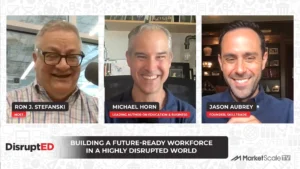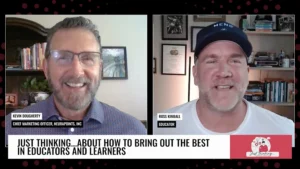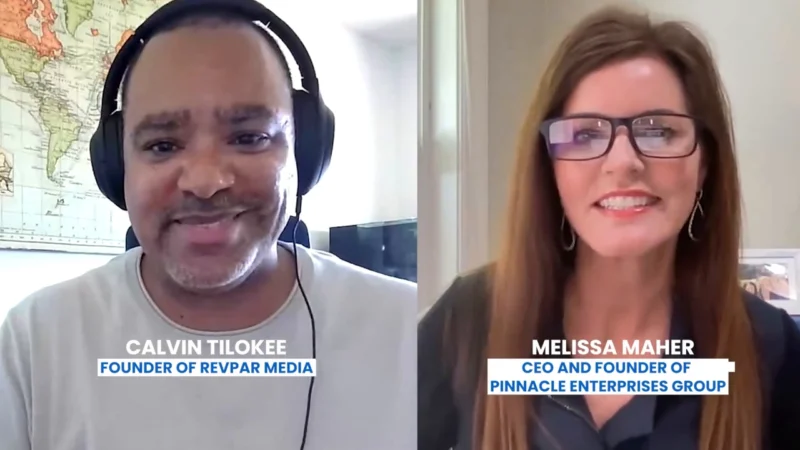An Inside Look at the Science of Online Reviews
Online reviews are a vital source of information for consumers—and a potentially vital source of customers for businesses. 90 percent of customers read online reviews on sites like Yelp before visiting a business they have never been to before. Naturally, it is only good reviews that encourage customers to come into a business.
The good news for businesses is that not only do good online reviews drive customers to their businesses, they also encourage people to spend more—an impressive 31 percent more in fact.
Each additional star earned on Yelp will get a business a 5-9 percent increase in revenues. Good reviews prime the pump such that people are expecting to get a good experience in a place that gets good reviews, and people are willing to spend more money in a place where they are having a good experience. More than ever, making sure customers are having a great experience is vital to profitability.
Negative reviews can kill a business. Not only can a single negative review cost restaurants up to 30 customers a night, 86 percent of people will outright avoid a business with negative online reviews. Some negative reviews may include inaccuracies, so it is important to correct those when they arise. For the rest, it’s important to both admit mistakes and attempt to correct those things which were criticized.
While many businesses allow people to leave reviews on their own websites, as Forbes points out, it is important to pay attention to off-site rankings. At the same time, it can help a business get more immediate feedback and help with search engine rankings if it allows people to leave feedback on its website. It also allows a business to more directly respond to customer concerns and provide them with reasons to give the business a second chance.








